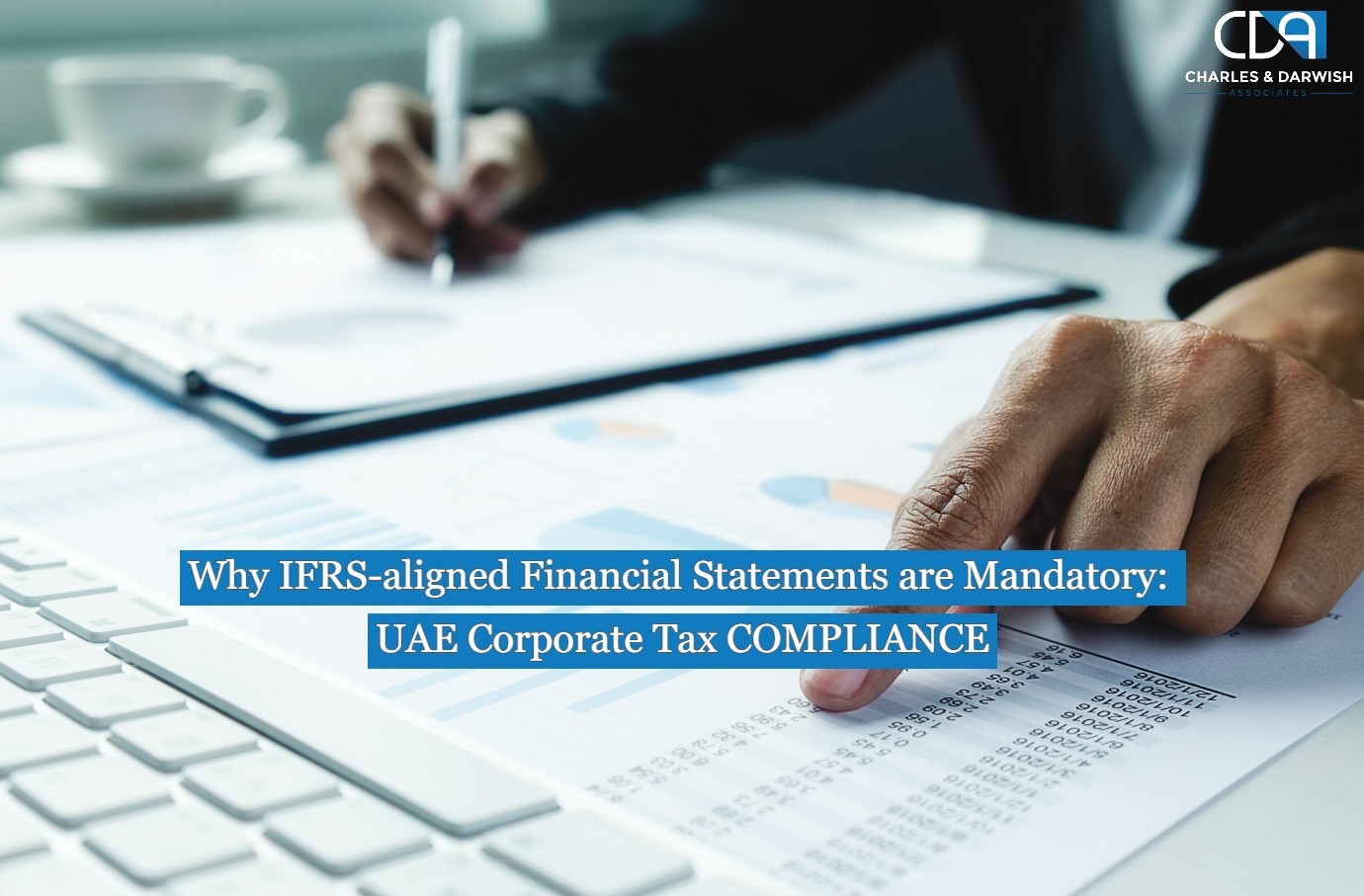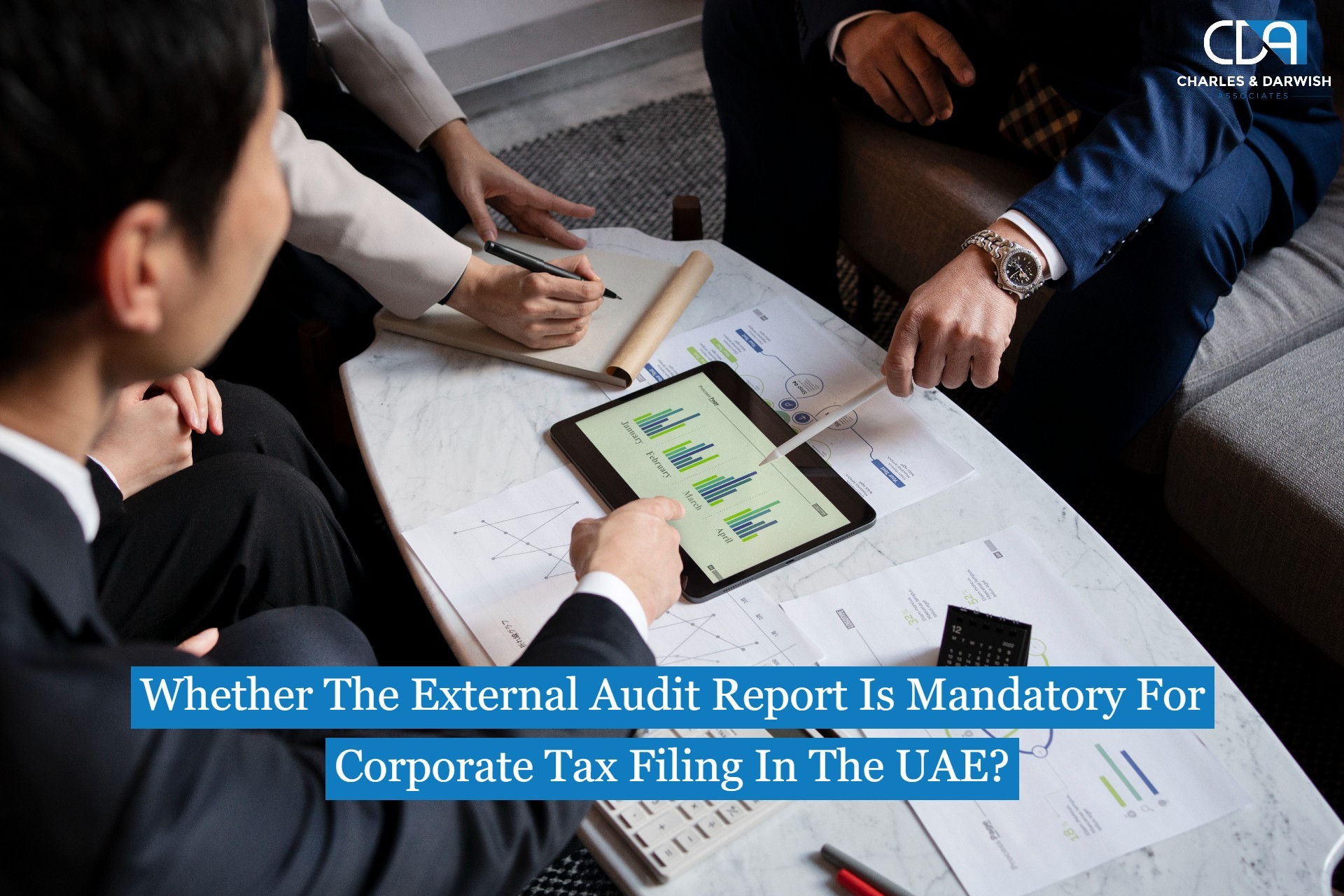Corporate income tax and other GCC nations
The Gulf Cooperation Council (GCC) comprises six primary nations:
- The United Arab Emirates (UAE)
- The Kingdom of Bahrain
- The Kingdom of Saudi Arabia (KSA)
- The Sultanate of Oman
- The State of Qatar
- The State of Kuwait
These countries are renowned for their strategic location, abundant natural resources, and flourishing economies. While Gulf economies have maintained low or non-existent tax rates to attract foreign investors, tax policies are evolving rapidly in the GCC region. To create new revenue streams and decrease dependence on conventional sources of income, several reforms have been implemented over the years. Therefore, businesses planning to invest or establish operations in the GCC must have a thorough understanding of the tax laws and regulations to fulfill their tax obligations correctly.
Corporate Tax in GCC Nations
As a business owner, it can be challenging to navigate the complex world of corporate tax, especially in the GCC region where tax rates vary significantly from one country to another.
Thus, to assist businesses in making well-informed decisions, below is a comprehensive overview of corporate tax rates imposed by GCC countries.
Read more: The role of corporate governance and effective internal controls in the existence of business
-
Corporate Tax in the UAE
The UAE's Ministry of Finance has announced the introduction of a corporate tax effective from or after June 1, 2023. Compared to other Gulf Cooperation Council countries, the UAE has opted for the lowest percentage of the corporate tax rate, making it a more desirable location for global investors. Moreover, businesses in the free zone are subject to 0% tax as long as their income doesn’t exceed the threshold amount. For companies subject to CT, the tax will be calculated in the following manner:
- 0%, for taxable income up to AED 375,000;
- 9%, for taxable income above AED 375,000
-
Corporate Tax in Bahrain
The Kingdom of Bahrain imposes a corporate tax of 46% on businesses engaged in the exploration, production, or refining of hydrocarbons. Businesses engaged in activities other than these are subject to a 0% corporate tax, making Bahrain a magnet for foreign investment. Furthermore, the Kingdom does not impose corporate taxes on income, sales, transfer, capital gains, or estates, creating a pleasant environment for those seeking to thrive.
You can also read: Top Corporate Tax Consultants in UAE
-
Corporate Tax in Kuwait
The state of Kuwait charges a uniform corporate tax of 15% on the total profits generated through business ventures. Irrespective of a company's origin or incorporation, the tax applies to all entities operating in Kuwaiti territory. Thus, regardless of where your business hails from, Kuwait's tax system ensures a level playing field for everyone.
-
Corporate Tax in Oman
In the Sultanate of Oman, businesses are subject to a 15% corporate tax on their net profits, regardless of their entity type or registration status, except for small and medium-sized Omani proprietorships and limited liability companies (LLCs).
Before 2017, the rate was 12%, however, through a royal decree, an additional 3% increase in CT was imposed for qualifying small businesses meeting certain criteria.
-
Corporate Tax in Qatar
Qatar is one of the most influential nations in the GCC region that levies corporate tax at the rate of 10% on net profits earned by companies. Whether a business is owned entirely by foreign entities or partially, if it's generating revenue from Qatar, it is subject to taxation. However, foreign enterprises operating in the oil and gas industry are subject to a higher tax rate of 35%.
-
Corporate Tax in Saudi Arabia
In Saudi Arabia, resident capital companies and non-residents with a permanent establishment doing business within the country are subject to a tax rate of 20%. However, companies engaged in the production of oil and gas are subject to a higher tax rate of 50% to 85%. A resident company is one that meets certain criteria, such as complying with Saudi Companies Regulations or having its headquarters in the country.
Consult with CDA - the leading tax advisors in Dubai, UAE
Navigating the tax landscape in the GCC region can be a challenge for businesses, given the varying tax regulations in each country. However, as the region undergoes economic diversification into the non-oil sector, businesses must seek professional guidance on tax implications to prevent any unexpected tax liabilities.
At CDA, our team of proficient tax consultants is up-to-date on the latest amendments in the GCC tax regimes and can offer guidance at every stage of the taxation process, from registration to filing returns. By complying with tax laws, we can help businesses steer clear of audits and assessments from tax authorities.
So, what are you waiting for?
Connect with our tax experts to explore our range of services today!
Read more: Top Accounting Challenges Faced by Corporates

Mark Thompson
Full-stack Developer, Blogger, and Tech Enthusiast.
Mark specializes in digital marketing, SEO, and content strategy.













